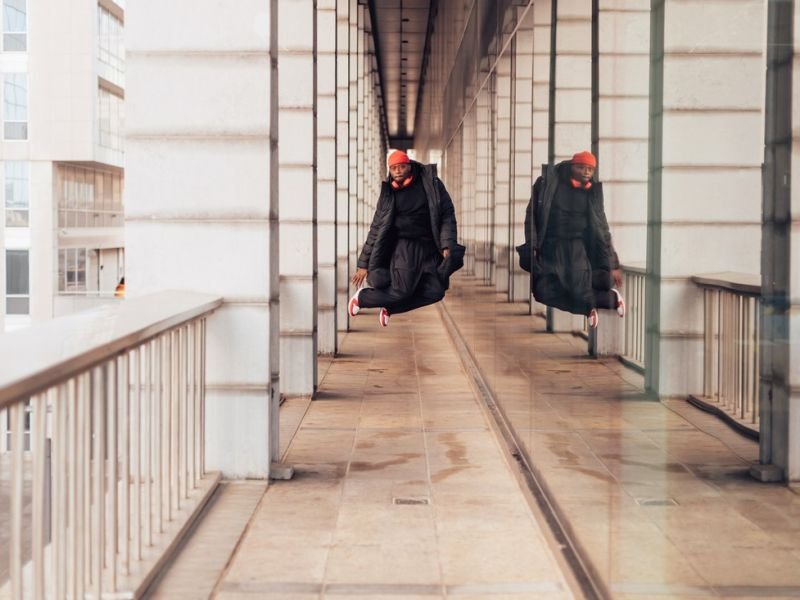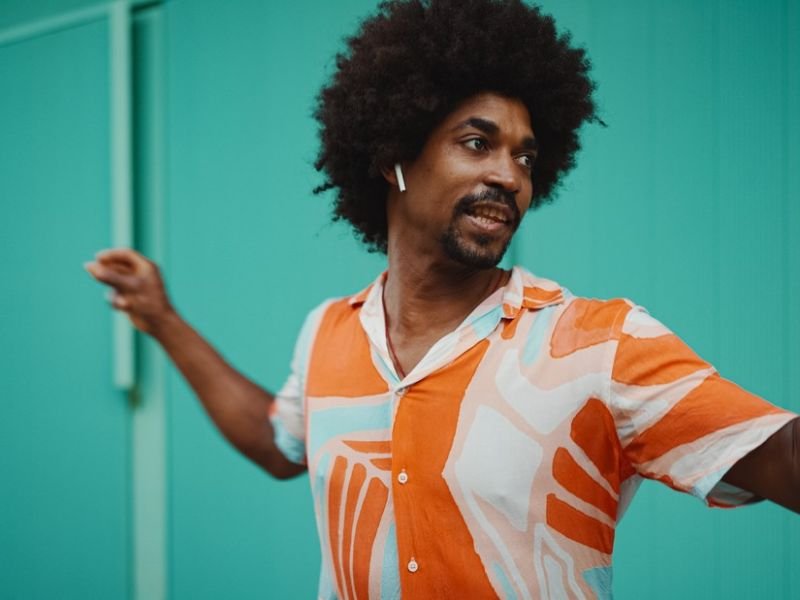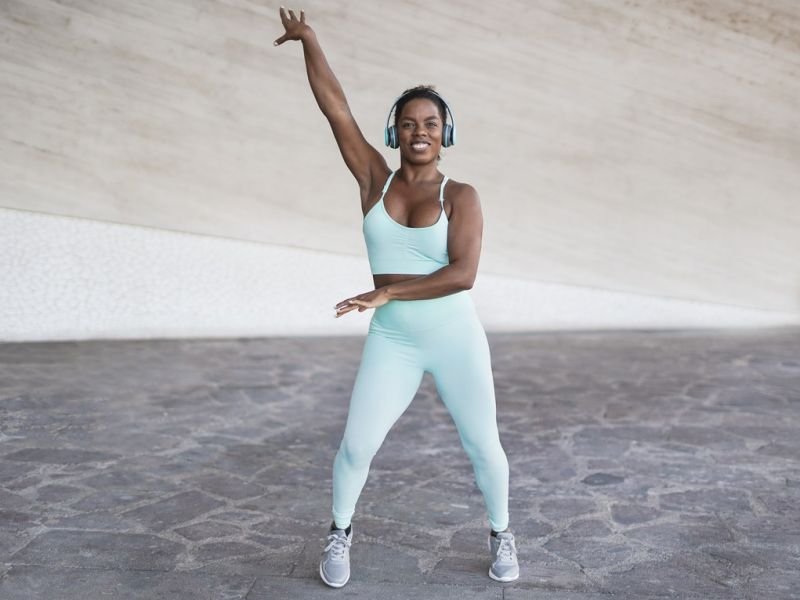Dive Deep into the World of African Dance

African dance is a vibrant and dynamic art form that has captivated people around the world. Its rich history, diverse styles, and cultural significance make it an integral part of African culture. In this comprehensive guide, we will explore African dance from various angles, including its traditional and contemporary styles, the advantages of engaging with African culture through dance, and the various aspects that contribute to its beauty and appeal.
1. Traditional African Dance
African dance has a long and storied history, deeply rooted in African traditions and rituals. Each region and ethnic group in Africa has its own unique dances, characterized by specific movements, music, and theatrical representations. We will delve into the rituals, movements, and music that define traditional African dance, giving you a deeper understanding of its cultural significance.
2. Contemporary African Dance
African dance has also evolved and adapted over time, encompassing contemporary styles that blend traditional African movements with modern influences. We will explore how African dance has embraced influences from other dance styles, such as Jamaican dancehall, house, and heels techniques. You will learn about the innovators who have created their own unique styles of African dance, showcasing the vitality and creativity of this art form.
3. Engaging with African Culture through Dance
Engaging with African culture through dance offers numerous benefits, both physically and emotionally. We will discuss how African dance classes provide a platform for individuals to learn about traditional and contemporary African dance styles. You will discover how immersing yourself in African dance can deepen your appreciation for African culture, promote body confidence, improve physical fitness, and enhance your overall well-being.
4. African Dance Classes and Workshops
If you are interested in learning African dance, we will provide information on African dance classes and workshops offered by Dance Competitions – competes.tv. These classes are led by skilled instructors who share their expertise and knowledge to help participants improve their dance skills. Whether you are a beginner or an experienced dancer, African dance classes and workshops offer a supportive and inclusive environment for all.
5. African Dance Festivals
African dance festivals are vibrant celebrations that bring together dancers from different countries to exchange ideas, showcase their talents, and celebrate their shared passion for African dance. We will highlight some of the most renowned African dance festivals, giving you a glimpse into the energy and excitement that permeates these gatherings.
6. African Dance Music
African dance music plays a crucial role in creating the atmosphere and expressing emotions in African dance. We will explore the significance of African dance music, its traditional instruments, and how it sets the rhythm and pace for dancers. You will gain an appreciation for the diverse range of African dance music genres and the cultural expressions they convey.
7. African Dance Costumes
African dance costumes are not only visually stunning but also play a vital role in showcasing cultural identities and enhancing the overall visual experience. We will delve into the significance of African dance costumes, the materials used, and the elaborate designs that reflect the diversity and richness of African cultures.
To learn more about African dance classes, workshops, festivals, and costumes, visit the Dance Competitions – competes.tv website.
Important Facts and Statistics about African Dance:
- African dance is deeply rooted in culture and tradition, with each region having its own unique dances and movements.
- Modern African dance styles blend traditional movements with contemporary influences, showcasing the creativity and innovation of African dancers.
- African dance is often performed for specific purposes and plays a significant role in traditional African society.
- African dance has influenced many modern dance styles and continues to impact the global dance community.
- African dance festivals bring together dancers from different countries to celebrate and share their love for African dance.
- African dance music sets the rhythm and mood for dancers, complementing their movements and enhancing the overall performance.
- African dance costumes are intricately designed and reflect the cultural identities of the dancers, adding to the visual spectacle of the performance.


